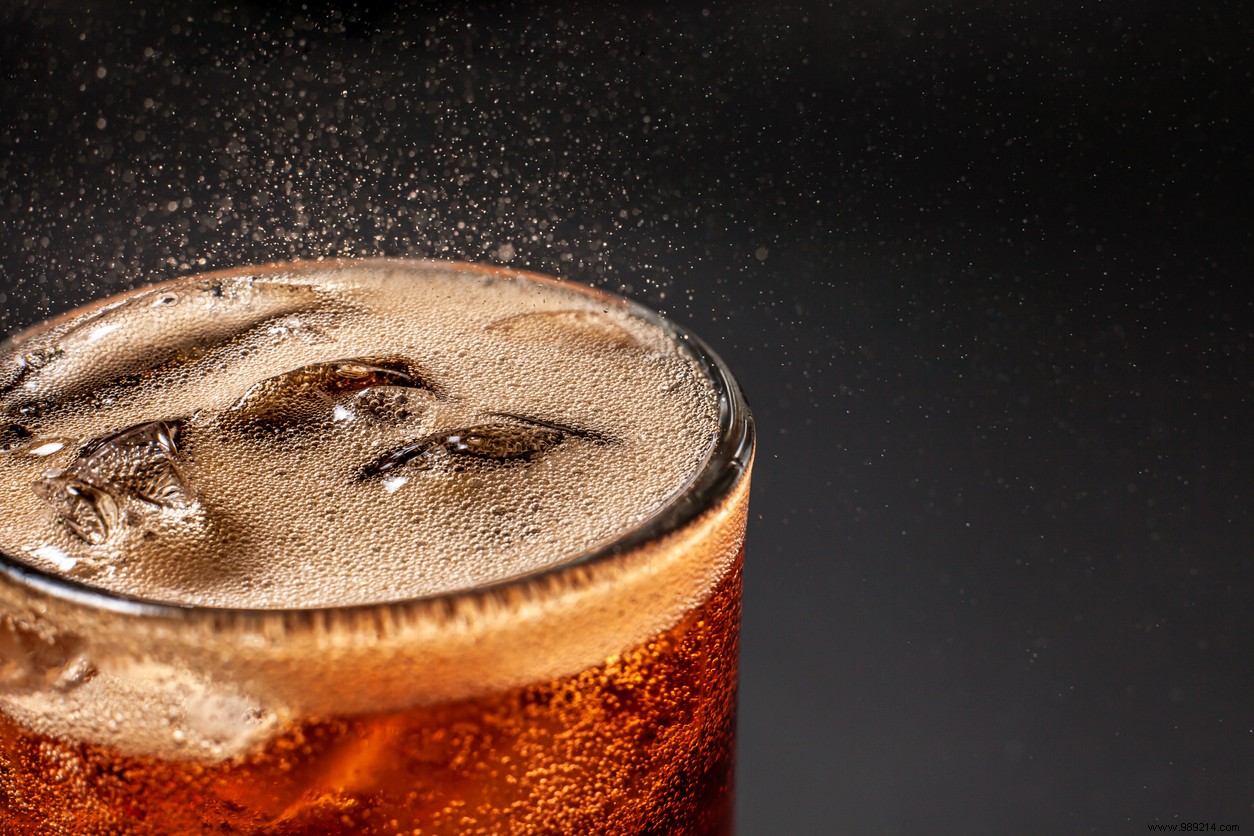According to a recent American, sugary drinks, including sodas, disrupt the intestinal microbiota of teenagers. Researchers say this can have a negative impact on teens' memory and learning abilities.
It's not a scoop:a diet high in sugars is the cause of many health problems in a significant proportion of cases. These include overweight, obesity, hepatic disorders, cardiovascular diseases or even dental and dermatological disorders. A study conducted jointly by several US universities and published in the journal Transnational Psichiatry March 31, 2021 brings news about sodas and other sugary drinks.
According to researchers, excessive consumption of sugary drinks in adolescence decreases learning abilities and memory . The work involved conducting experiments on rodents, some of which were overfed with sugars. The results showed that particular bacteria grow in the gut microbiota mice ingesting too much sugar:parabacteroids.

According to the study leaders, the more parabacteroids were present in the intestinal microbiota of rodents, the more ineffective they were in memory and learning. The scientists mentioned the hippocampus, a region of the brain that plays a key role in learning and memory abilities. Thus, parabacteroids would have a negative impact on the hippocampus and the structures related to it. However, the impact in question would result in cognitive decline.
Thus, the researchers confirm that adolescents – just like children – should not swallow too many sugary drinks such as sodas, syrups, lemonades, but also fruit juices . Limit drinks containing about ten grams of sugar per 100 mL . Remember in passing that the World Health Organization (WHO) recommends a daily consumption of no more than 50 g of sugar per day.
In 2019, another US study was already criticizing sodas. According to the results of this work, the biggest consumers of sodas and other sugary drinks see their risk of premature death increase by more than 20% . However, the risk in question mainly concerns the appearance of cardiovascular diseases. We should also mention a 2018 study referring to sugar-free sodas. These could contribute to health problems like type 2 diabetes. The researchers then referred to artificial sweeteners such as aspartame and acesulfame potassium.